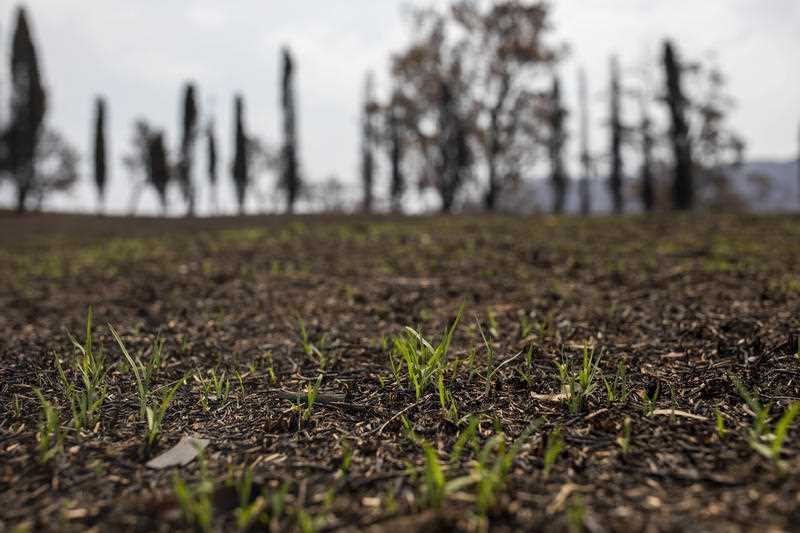Australian carbon credits are not a “fraud”, a review of claims made by a whistleblower has found.
The Clean Energy Regulator set in train the review of the claims about the way carbon credits are approved and earned under the federal Emissions Reduction Fund.
“The assessment found the claims were not substantiated and there were serious deficiencies in the analysis of the two ERF methods,” the regulator said on Wednesday.
The regulator also rejected the “extravagant language” used by former insider Andrew Macintosh.
The review found existing compliance mechanisms are working and that the carbon farming methods questioned by Professor Macintosh meet integrity standards set out in the Commonwealth legislation.
Prof Macintosh, ex-chair of the regulator’s internal assurance committee, said the credits were “a fraud on the environment, a fraud on taxpayers and a fraud on unwitting private buyers”.
Earlier this year he released research saying many credits do not represent new or real emissions cuts, and that major emission reduction methods are flawed in design or the way they are administered.
Along with academic colleagues, he rejected the so-called human-induced regeneration method – which stores carbon in regenerated native forests to earn credits – and questioned the integrity of landfill gas projects.
The Clean Energy Regulator said these claims were carefully reviewed by an independent committee set up under Commonwealth legislation to ensure the integrity of the methods being used to reduce carbon emissions.
“Claims concerning the human-induced regeneration method failed to present robust evidence of a lack of integrity or over-crediting,” the review found.
The research relied on an incomplete data set. But when all data and information were taken into account, it was clear the method supports projects that increase the amount of vegetation regenerating, and storing carbon, the regulator said.
There were also “serious deficiencies” found in the analysis of the landfill gas generation method.
“No basis” was found for the accusation that such projects are profitable without the need for credits.
The regulator said critics of the scheme have not been privy to the sustained focus on careful administration of these requirements.
AAP is seeking comment from Prof Macintosh.
By Marion Rae in Canberra



